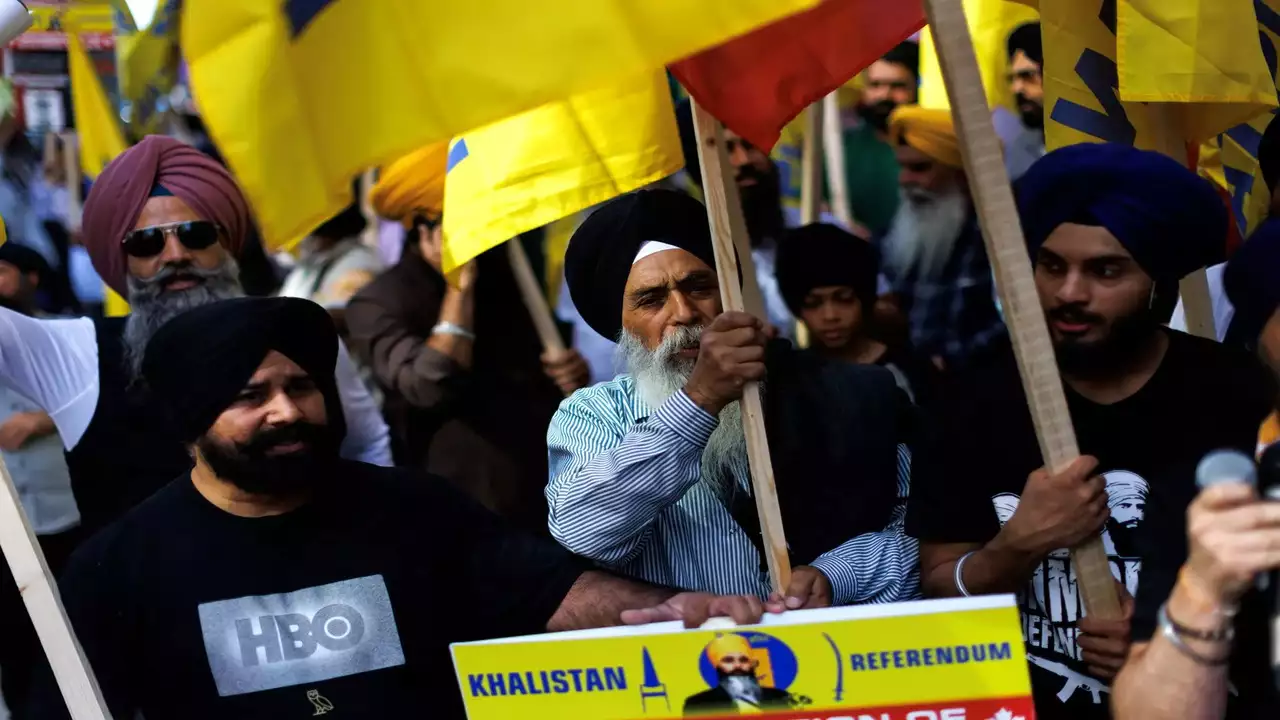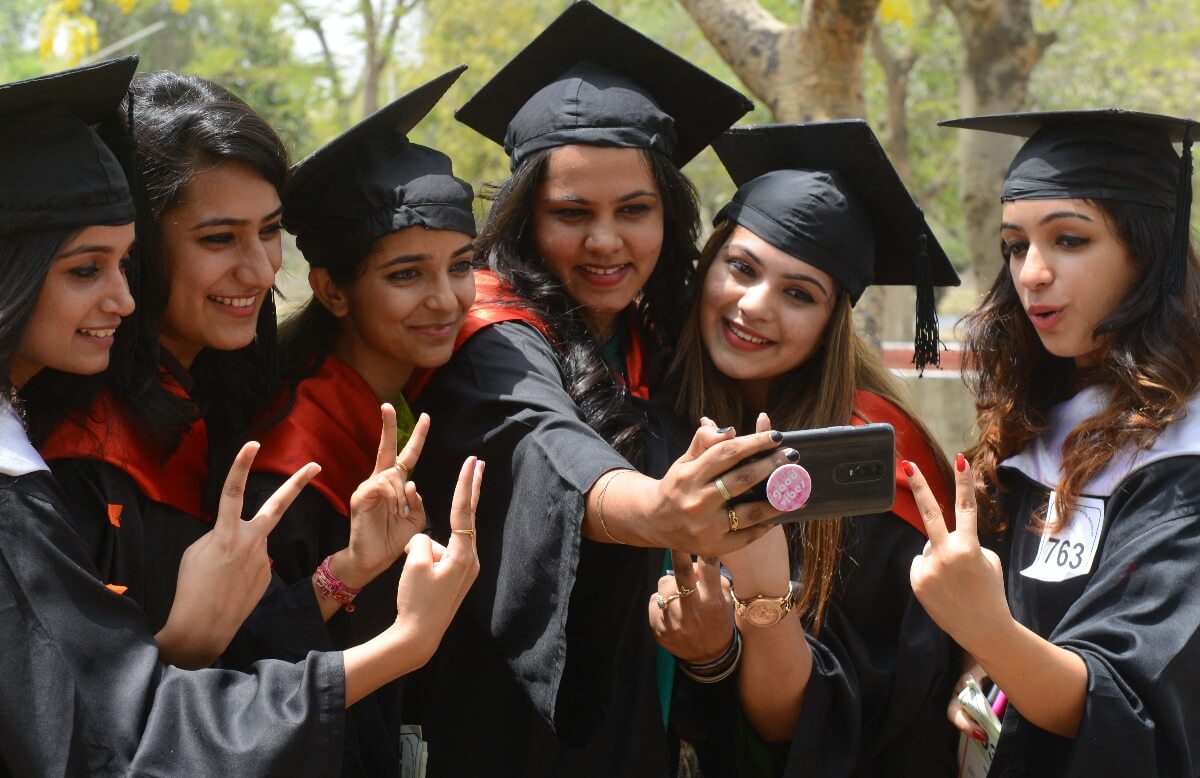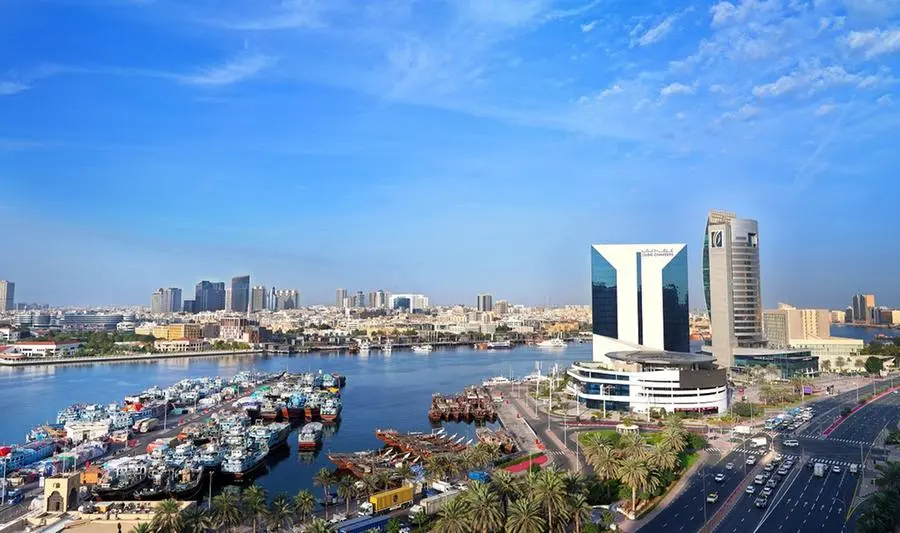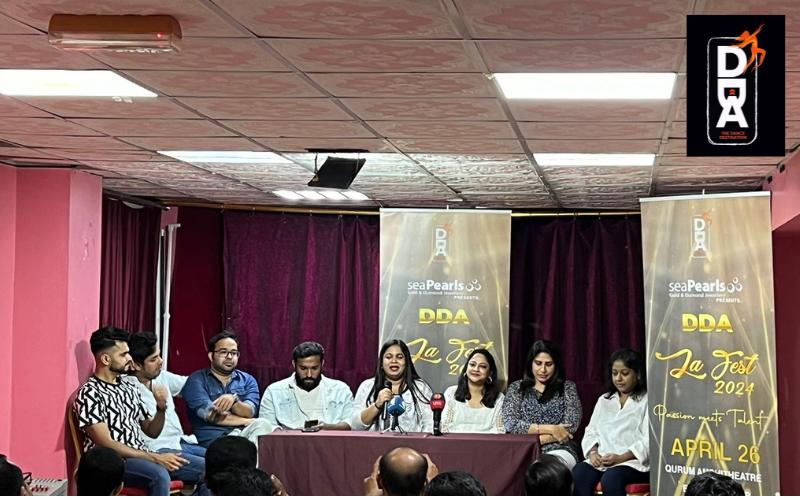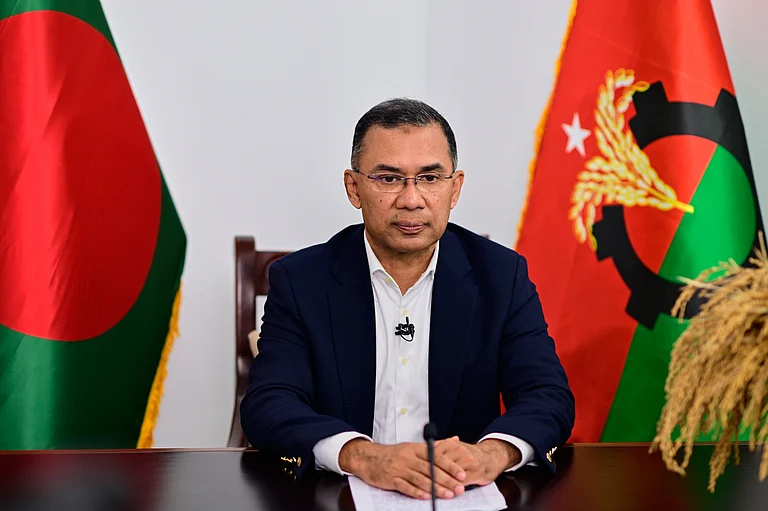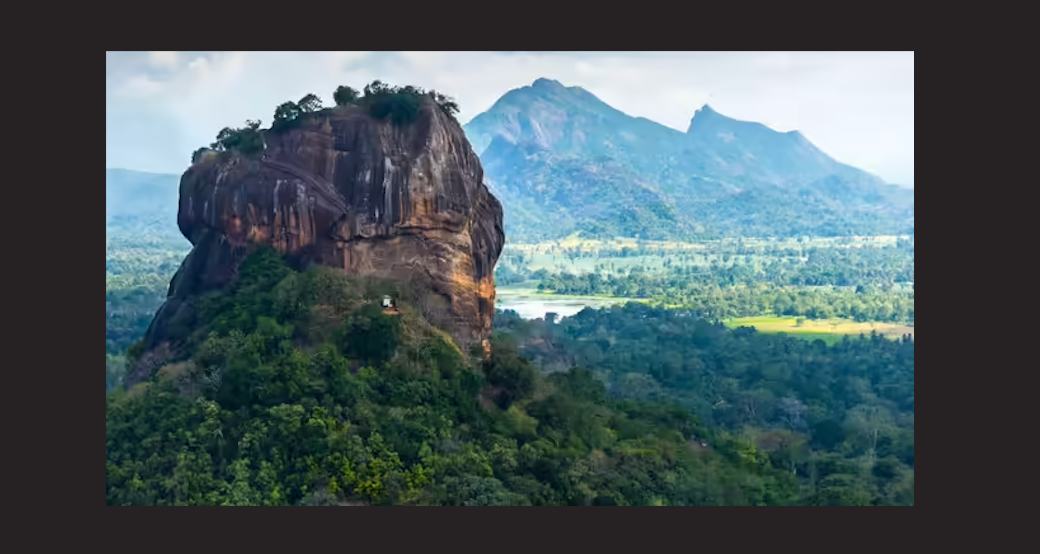Nijjar was fatally shot last year outside a Sikh temple in Surrey, B.C., prompting Prime Minister Justin Trudeau to suggest that Canada suspected the involvement of “agents of the Indian government” in what could be perceived as an assassination
Three hundred days after the death of Sikh activist Hardeep Singh Nijjar, Khalistani protesters gathered outside the Indian consulate in Vancouver, igniting flags and wielding kirpans in a demonstration demanding justice and the formation of Khalistan, an independent Sikh state.
Nijjar was fatally shot last year outside a Sikh temple in Surrey, B.C., prompting Prime Minister Justin Trudeau to suggest that Canada suspected the involvement of “agents of the Indian government” in what could be perceived as an assassination.
However, India swiftly dismissed these allegations as baseless, labeling them as an attempt to divert attention from what they perceive as a threat posed by Khalistani terrorists and extremists sheltered in Canada.
During the recent protest, organized by Sikhs for Justice, a Washington-based Khalistani separatist group, demonstrators fervently chanted slogans advocating for Khalistan while desecrating Indian flags with kirpans, symbolic of the Sikh faith.
Videos posted by independent journalists captured the intensity of the protest, with participants accusing the Indian government of complicity in Nijjar’s death.
Gurpatwant Singh Pannun, founder of Sikhs for Justice, reiterated these accusations in an interview with True North, alleging that Indian consulate offices serve as hubs for espionage activities aimed at challenging Canadian sovereignty. Pannun referenced Trudeau’s acknowledgment of Canada’s investigation into alleged Indian involvement in Nijjar’s killing.
The protest underscores the enduring tensions surrounding the Khalistan movement and the unresolved questions surrounding Nijjar’s death, highlighting the complex dynamics between India, Canada, and the Sikh diaspora
Despite being labeled an “unlawful association” in India and its leader designated as a terrorist, Sikhs for Justice persist in their advocacy for Khalistan, planning non-binding independence referendums in Canada and the United States. The upcoming referendum scheduled for July 28, 2024, in Calgary is a part of this ongoing effort.
Pannun expressed aspirations for a peaceful and democratic resolution to the conflict, emphasizing the Sikh community’s right to self-determination in what he described as an “Indian apartheid Punjab.” He outlined plans to collaborate with international legal experts to draft a constitution for Khalistan, drawing inspiration from democratic models like those of the United States and Canada.
The protest underscores the enduring tensions surrounding the Khalistan movement and the unresolved questions surrounding Nijjar’s death, highlighting the complex dynamics between India, Canada, and the Sikh diaspora.
***********************************************************************
Readers
These are extraordinary times. All of us have to rely on high-impact, trustworthy journalism. And this is especially true of the Indian Diaspora. Members of the Indian community overseas cannot be fed with inaccurate news.
Pravasi Samwad is a venture that has no shareholders. It is the result of an impassioned initiative of a handful of Indian journalists spread around the world. We have taken a small step forward with the pledge to provide news with accuracy, free from political and commercial influence. Our aim is to keep you, our readers, informed about developments at ‘home’ and across the world that affect you.
Please help us to keep our journalism independent and free.
In these difficult times, running a news website requires finances. While every contribution, big or small, will make a difference, we request our readers to put us in touch with advertisers worldwide. It will be a great help.
For more information: pravasisamwad00@gmail.com

